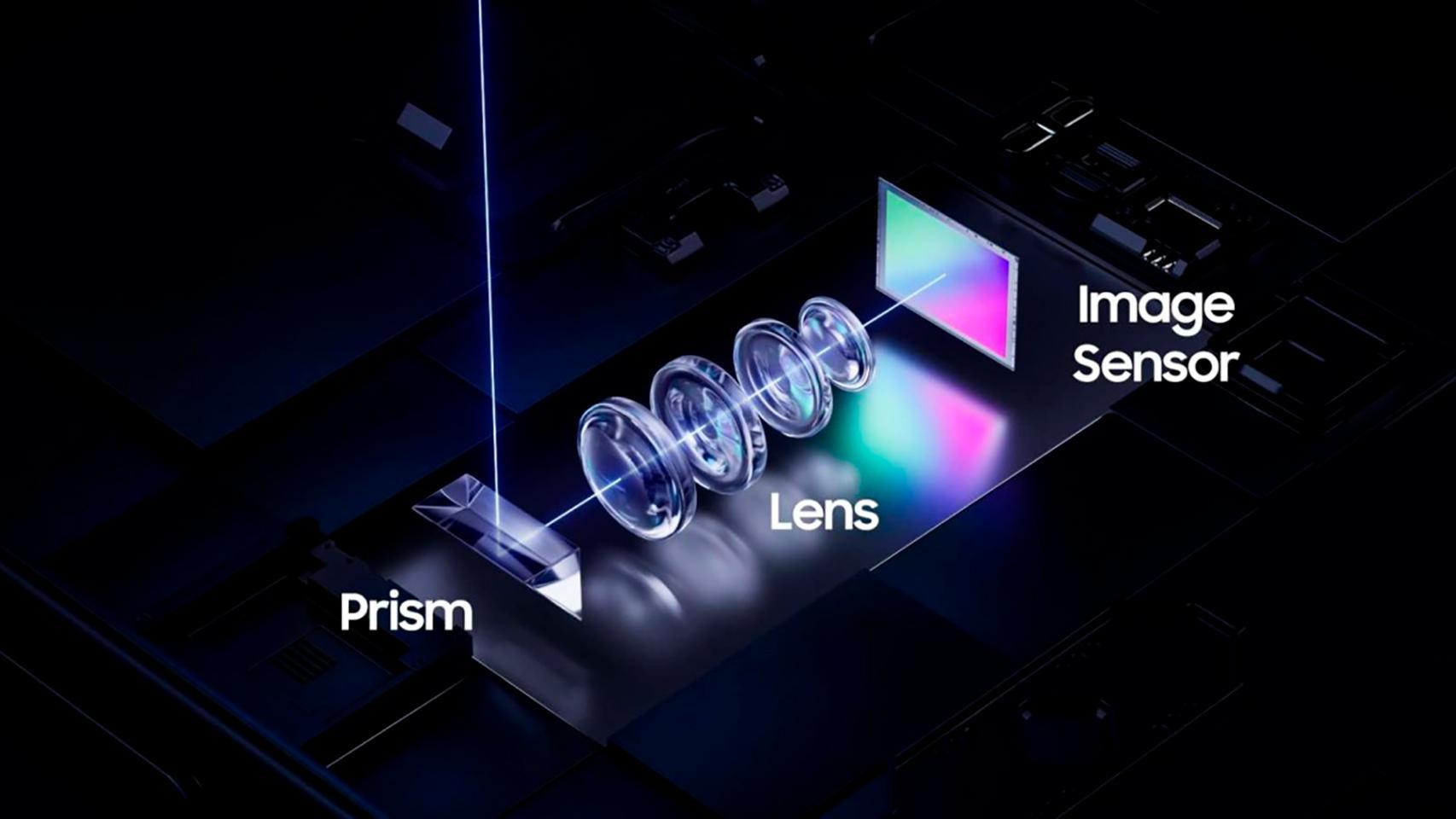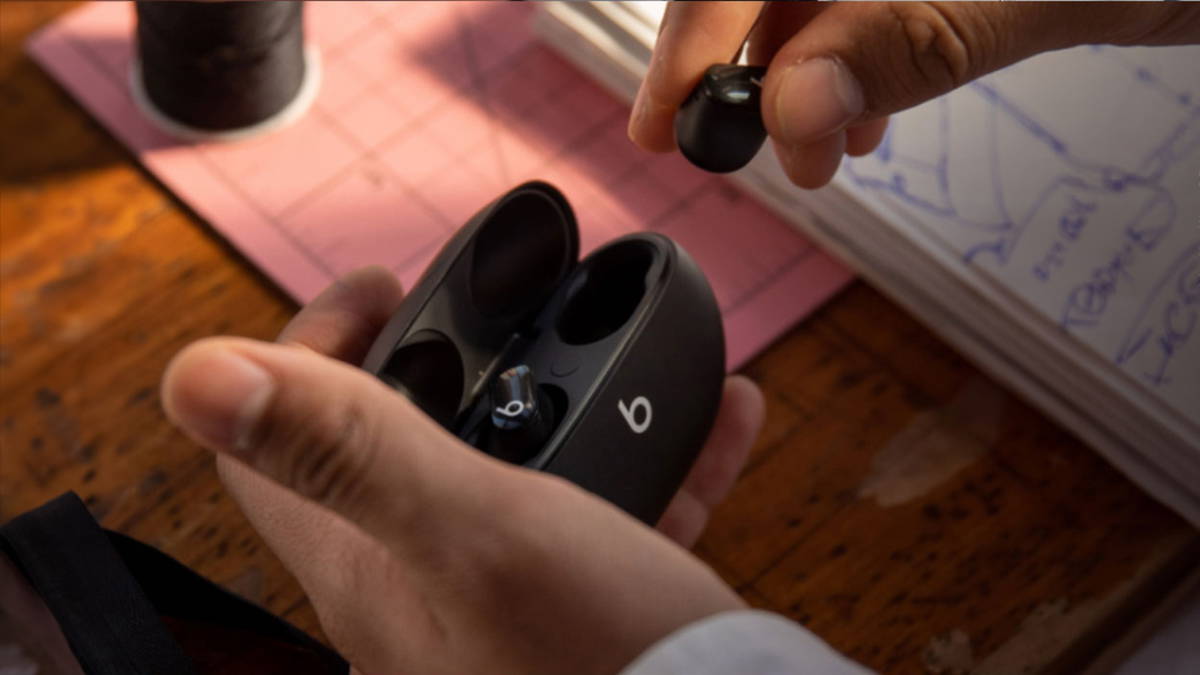When it comes to driving attention, it is one of the qualities that no driver can discuss, even though making this structure has its flaws. Of the already known distractions of cellphone use, new research confirms that Apple CarPlaya the same dangerous interference.
According to the findings of a study conducted by UK road traffic authorities IAM RoadSmart, automotive entertainment and information systems can have a significant impact driver's driving times, even more than alcohol.
Using CarPlay behind the wheel is more dangerous than alcohol
The study to obtain data on how the console infotainment system may affect driver response time involves two focus trials Android Auto and Apple CarPlay. In this case, 20 Android users and 20 Apple users will be subject to the same test procedure performed.
The experiment focused on examining three different conditions. First the user had to run a control unit where they didn't interact with the program, a voice-enabled unit that only uses the voice system and the touch unit, where they use the touch screen and request access to music on Spotify, enter streaming application information or read texts or answer calls.
According to the conclusions published by appleinsider, regardless of the type of infotainment, all users indicated time to respond slowly. Interrupted drivers usually indicate a response time of one second. While users of Apple CarPlay Voice control showed a 36% increase in their response time, with a 57% increase when using the touch interface.
Compared to Apple, users of Android, showed a 30% increase in response time when using voice control and 53% when using touch controls. On their own, those users who were driving under the influence of the alcohol limit showed a 12% increase in response time, and those who used cannabis saw a 21% increase.
Finally, and given the impact of the results, the IAM RoadSmart is asking the industry and government to publicly test all information and entertainment systems and develop unrelated standards that help reducing driver distraction.
What do you think about this potential regulation? Share a comment!










